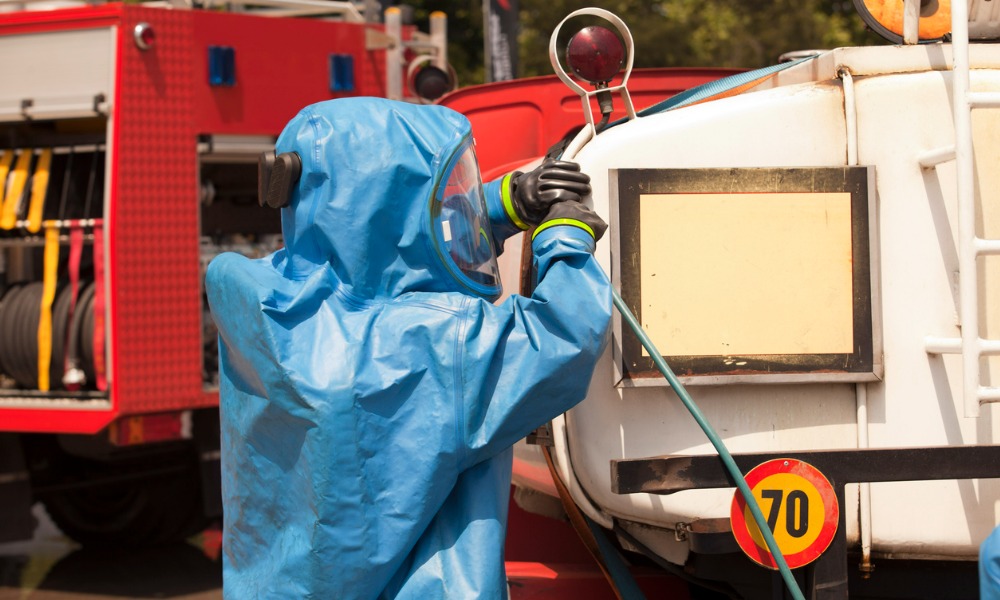
Tribunal decision denying worker's claim for accident benefits entitled to deference: court

The Ontario Divisional Court has affirmed a tribunal decision to deny an injured worker’s claim for benefits after finding that the use and operation of a vac-truck during a chemical spill clean-up did not qualify as an accident.
In Francia v. Licence Appeal Tribunal, 2021 ONSC 7847, a fatal collision between a transport truck and a tractor-trailer had resulted in a chemical spill. The appellant, Patrick Francia, was one of the clean-up workers who responded to the scene. Over the course of the clean-up work, he felt lightheaded and nauseous, and suffered tightness in his chest. Consequently, both his lungs collapsed and he had one removed.
The appellant then filed a claim for accident benefits. The insurance company denied his claim on the basis that the incident was not an accident under Statutory Accident Benefits Schedule. Under s. 3(1) of the SABS, accident refers to an incident in which the use or operation of an automobile directly causes an impairment. The License Appeal Tribunal (LAT) agreed with the insurer. The appellant appealed the tribunal decision.
In its decision, the Divisional Court held that the tribunal decision is entitled to deference.
According to the court, to determine whether an incident qualifies as an accident under the SABS, a two-part test – the purpose and causation tests – must be applied. Under the purpose test, the incident must result from the ordinary and well-known activities to which automobiles are put. While under the causation test, the incident must have directly caused the injury.
The court agreed with the LAT’s first finding that the purpose test had been satisfied because the appellant’s use and operation of the vac-truck resulted from the ordinary and well-known activities to which automobiles are put. It also upheld the LAT’s second finding that the causation test had not been met because the use and operation of the vac-truck did not directly cause the appellant’s injuries. Rather, “the toxic substances involved in the clean-up caused the injuries.”
The appellant argued that the LAT erred in its application of the causation test. The court disagreed for the following reasons:
“The appellant’s impairments were sustained as a result of his employment duties in the clean-up, but on the facts, the [tribunal] found that the use and operation of the vac truck was not a direct cause of the impairment. There is no basis for this court to interfere with those findings of fact,” the court said.